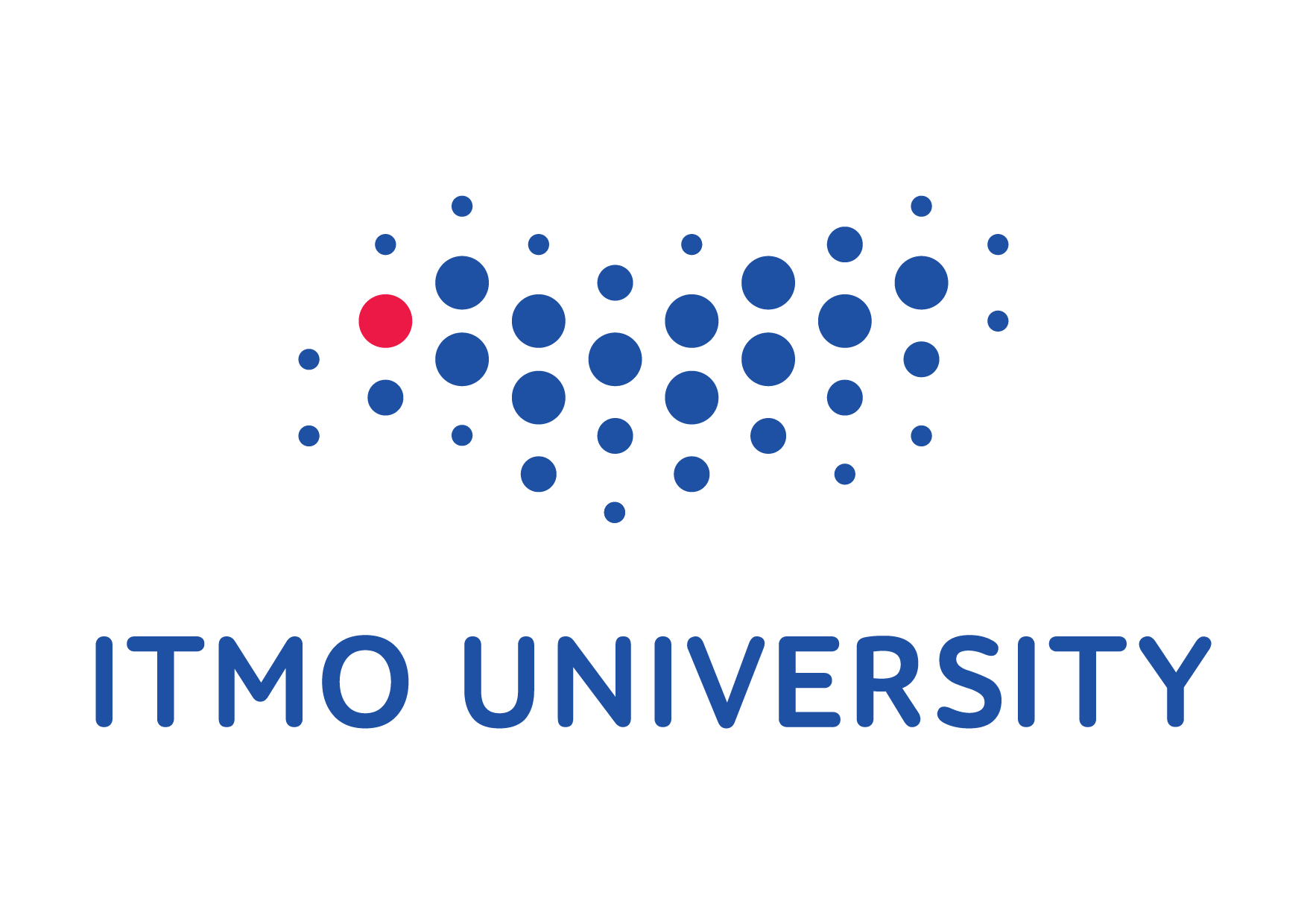ITMO: ITMO Launches Two New Labs for Young Researchers
Laboratory for Composite AI
The new laboratory focuses on bringing together automated machine learning and classic modelling methods. The lab’s scientists come from three research groups of the that develop technologies like the automated modeling and machine learning framework , the partial differential equations discovery framework , and data mining tools for knowledge graphs. The researchers are planning to use these algorithms to define the structure of a composite AI model, as well as make it more sustainable and easier to interpret. According to the researchers, their main challenge is to ensure that different types of models coherently function together. The group is currently at the stage of theoretical research and the first prototype is scheduled to be complete in early 2022.
“Composite AI is a field for the young, because there are currently no set standards here – and its isn’t close yet. If you are creative, daring, and have a good education you can easily become a trendsetter in the next few years,” says Alexander Boukhanovsky, head of the National Center for Cognitive Research.
All of the lab’s solutions are open-source, which should make the developed models transparent and reproducible, as well as ensure a high citation rate for the group’s publications.
The Laboratory for Composite AI is part of the National Center for Cognitive Research and receives support from the Artificial Intelligence in Industry Center. The lab’s team is headed by Alexander Khvatov and will include a significant number of ITMO’s Master’s students.
“We conduct research that will deepen our understanding of AI in general. There is a lot of work ahead of us and we are happy to welcome both young researchers at the start of their careers and more experienced scientists. We are also open for collaboration,” comments Alexander Khvatov.
Laboratory for Intelligent Technologies in Infochemistry
This laboratory will house platforms for collection, aggregation, and intelligent analysis of big data on electrochemical properties of liquids in flow. In the future, these methods will replace the ones used today to identify and control a liquid’s properties (such as solubility, mixability, and thickness) – the current methods tend to be time-consuming and expensive.
The researchers are planning to combine flow analysis with algorithmic functions that were trained on previously collected data. For instance, it will be possible to predict the mixability and solubility of traditional and heavy oil with varying thickness. The lab will also focus on a platform-based solution for distributed electrochemical sensors that will allow researchers to process, store, and integrate the results of flow analysis of liquids into existing data accounting systems. Moreover, the scientists will create digital simulations of chemical processes in various liquids: gasoline, kerosene, diesel, and jet fuel.
As a result, the lab will propose models, methods, and software for analysis of liquids in flow based on an AI algorithm that makes it possible to predict the behavior of a system as a single entity while taking into account the individual processes in each chain of reactions.
“For instance, right now we are training databases that allow us to identify the composition of solutions based on the shape of cavitation bubbles. Ideally, such analysis should be done in flow and in real time,” says Ekaterina Skorb, head of the new laboratory and of ITMO’s . “More and more interesting challenges appear in the field of infochemistry, so we’d be happy to welcome motivated and talented students of all levels at ITMO. Here, they will have the chance to start working on projects at the new lab from day one.”

